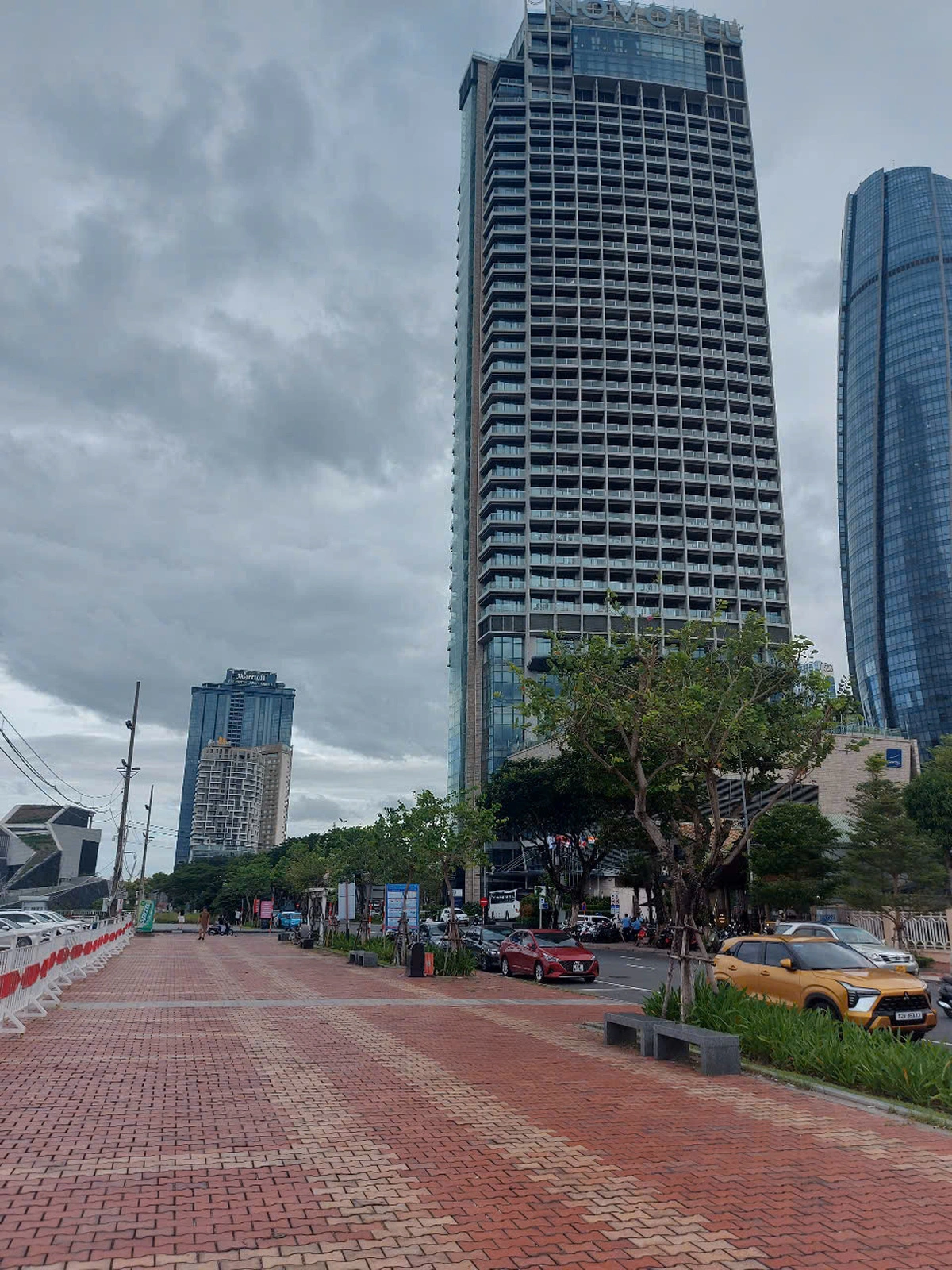The Politburo has given the green light for a project to develop a comprehensive international financial hub in Ho Chi Minh City and a regional financial center in Da Nang, central Vietnam.
The all-powerful political bureau also agreed to establish agencies to manage, operate, and supervise these financial centers, as well as to handle disputes according to international regulations and practices.
Over the next five years, eight types of policies to develop international financial centers in line with international practices and Vietnam’s conditions will be issued and deployed.
At the same time, six types of policies currently employed by large global financial centers will be piloted in Vietnam in order to aid in the development of a road map to continue developing the country’s financial sector.
These policies will then be officially applied from 2030.
The Politburo tasked the government’s Party Civil Affairs Committee with setting up a steering committee for regional and international financial hubs, studying and assessing the impact of policies, and cooperating with the law-making National Assembly’s Party units to issue legal documents on financial centers.
The government's Party Civil Affairs Committee, the Standing Board of the Ho Chi Minh City Party Committee, and the Standing Board of the Da Nang Party Committee will be responsible for overseeing the study and release of specific plans, preparing resources to execute the project, as well as ensuring close cooperation and the clear assignment of tasks for central and local agencies.
The Politburo required relevant agencies, as well as the entire political system, to prioritize the project and asked that it be implemented in a drastic, comprehensive, and consistent manner in a strong, innovative spirit.
According to the plan released by the Ministry of Planning and Investment, the administration in Da Nang proposed developing a financial center on over 70 hectares of land.
The center can be expanded in phases, Lao Dong (Labor) newspaper reported.
The city has determined that the regional financial center includes not only infrastructure but also policies and mechanisms for financial activities.
A financial center in Vietnam will capitalize on the country's strengths, offering open and competitive tax policies alongside robust operational and regulatory frameworks.
However, the Da Nang People’s Committee estimates that establishing the regional financial center could take at least five years.
The lengthy timeline is attributed to the complex process of selecting an appropriate operational model for the center.
Meanwhile, chairman of the Ho Chi Minh City administration Phan Van Mai earlier stated that the city’s international financial center would be established by 2030.
The city plans to continue developing infrastructure, especially in District 1 and the Thu Thiem area in Thu Duc City, as well as train and attract high-quality human resources to meet the financial hub’s requirements, according to Nguoi Lao Dong (Laborer) newspaper.
Like us on Facebook or follow us on Twitter to get the latest news about Vietnam!




















































